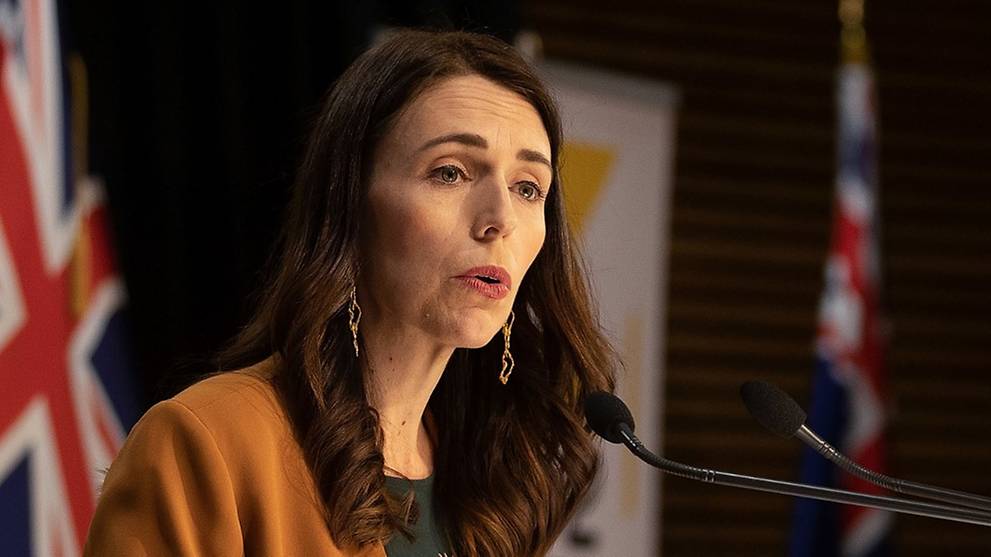HONG KONG: Arrested for alleged national security crimes, Agnes Chow hails from a generation of Hong Kong democracy activists who cut their teeth in politics as teenagers and are now being steadily silenced by China.
The media cameras flashed incessantly as the 23-year-old was led handcuffed from her apartment on Monday (Aug 10) evening by police officers with Hong Kong's new national security unit.
She is one of the first opposition politicians to be arrested under Beijing's new security law – on a charge of "colluding with foreign forces" – and could face up to life in jail if convicted.
For Chow, Monday's arrest was the latest in a long line of confrontations with China's leaders and their Hong Kong proxies.
READ: 'Night fell': Hong Kong's first month under China security law
READ: Hong Kong media mogul Jimmy Lai arrested under security law
Chow has described growing up in an apolitical Catholic household.
But at the age of 15 she joined a youth-led movement protesting against plans to implement "moral and national education" in public schools.
Students feared the plan would herald the kind of heavily censored education used on China's mainland.
They staged huge sit-ins and the plan was eventually shelved in a rare example of protest forcing a Hong Kong government climb-down.
It was during those protests she met fellow teen activist Joshua Wong.
Two years later Wong, Chow and other students were key figures in the Umbrella movement – 79 days of sit-ins and protests sparked by Beijing's refusal to make good on its promise to one day grant Hong Kong residents universal suffrage.
The protests were peaceful, but not successful.
Yet a whole new generation of opposition politicians were forged in the fires of that movement.
READ: Young Hong Kong democrats seek new political order under shadow of Beijing
They would go on to become a major thorn in the side of Beijing as it tried to tighten its grip on the semi-autonomous financial hub increasingly chafing under Chinese Communist Party rule.
BIG IN JAPAN
Chow helped found the pro-democracy party Demosisto alongside Wong, Nathan Law and other young political leaders.
Unlike earlier Hong Kong pro-democracy parties – which hailed from the Tiananmen-era generation – the new parties were much more willing to confront Beijing and push for Hong Kong residents to have a greater say in how their city is run.
The backlash was fast.
By 2018, Chow was one of the first Demosisto politicians barred from standing for local elections because the party advocated "self-determination".
"The government is trying to get rid of all the political parties who are against them," Chow told a crowd of protesters shortly after the decision.
"But even though we are under pressure and are suppressed, we still insist on human rights and freedoms."
READ: 'Already punished': Acquitted Hong Kong protest couple rebuild
One of her most successful roles was bringing international attention to Hong Kong's democracy movement.
The task was helped by her being fluent in English, Cantonese and Japanese, a language she taught herself by watching television and online shows.
She soon built a huge social media following in Japan in particular. Her Twitter account, which primarily publishes in Japanese, has 458,000 followers.
By Tuesday afternoon, #freeagnes was the top trending hashtag on Twitter in Hong Kong, mentioned in more than 185,000 tweets.
Chow's verified Facebook page, which announced her arrest on Monday night, has 192,000 followers.
But lobbying is now deeply dangerous in Hong Kong.
"Colluding with foreign forces" is one of the four acts targeted by the vaguely worded security law, which was imposed on Hong Kong on Jun 30, its contents kept secret until it was enacted.
READ: Hong Kong activist Joshua Wong says his disqualification from Hong Kong poll 'invalid and ridiculous'
Disqualification of opposition politicians like Chow has now become commonplace in Hong Kong.
Last month 12 pro-democracy figures were barred because officials deemed their political views unacceptable.
Infractions cited by the government in the disqualifications included criticism of the new national security law and posting protest slogans on social media.
Demosisto figures knew they would become prime targets of the security law, and disbanded the party hours before its passage.
Nathan Law fled to Britain the same week.
Both Chow and Wong have remained in Hong Kong despite the risk.
In cases unrelated to the national security law, the pair are also being prosecuted for taking part in last year's huge protests.
https://news.google.com/__i/rss/rd/articles/CBMiZGh0dHBzOi8vd3d3LmNoYW5uZWxuZXdzYXNpYS5jb20vbmV3cy9hc2lhL2hvbmcta29uZy1wcm90ZXN0cy1hZ25lcy1jaG93LWFycmVzdC1zZWN1cml0eS1sYXctMTMwMTA3NTbSAQA?oc=5
2020-08-11 10:39:08Z
52780989116346



